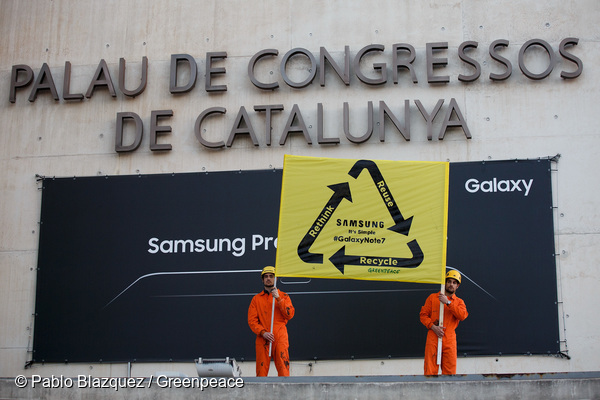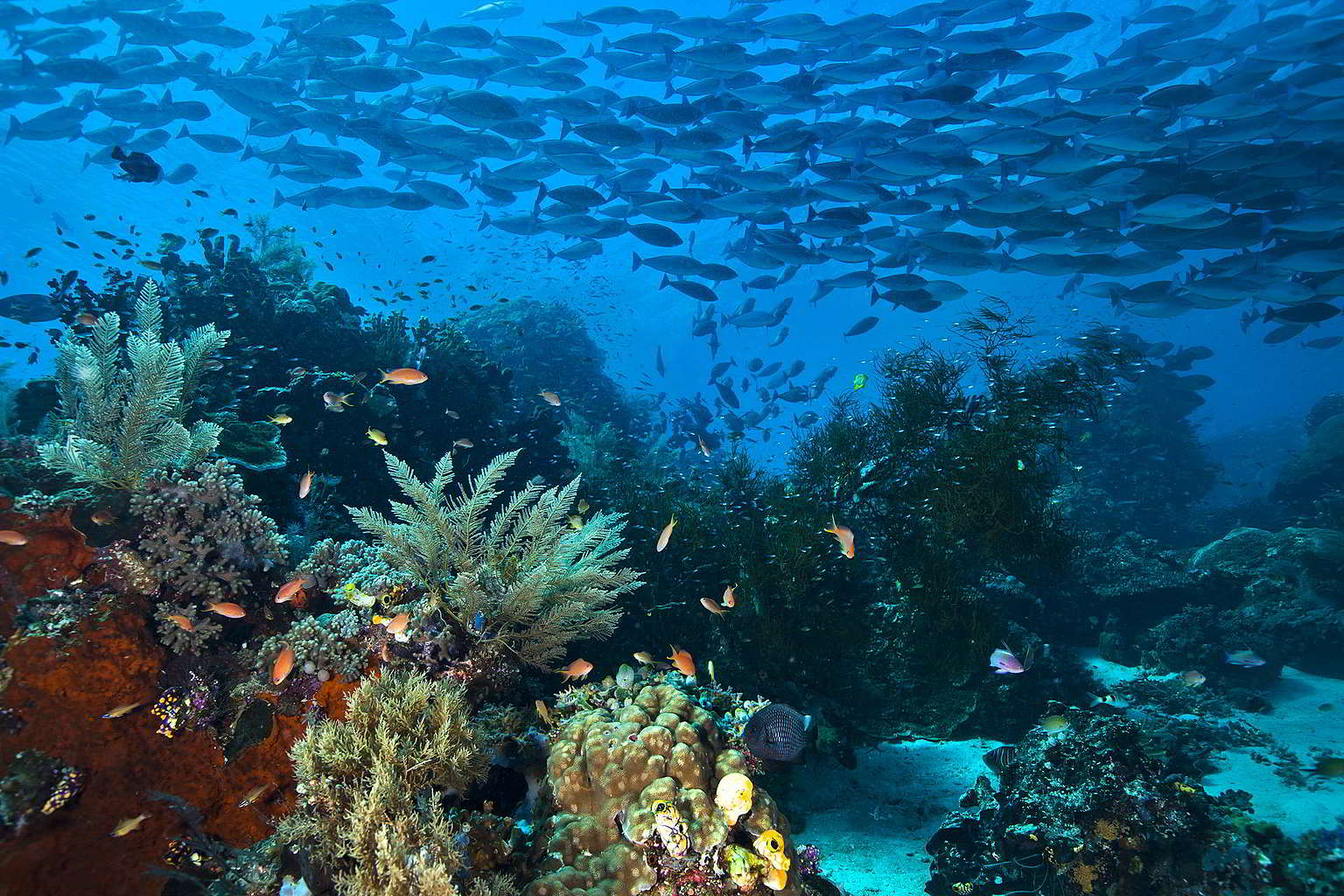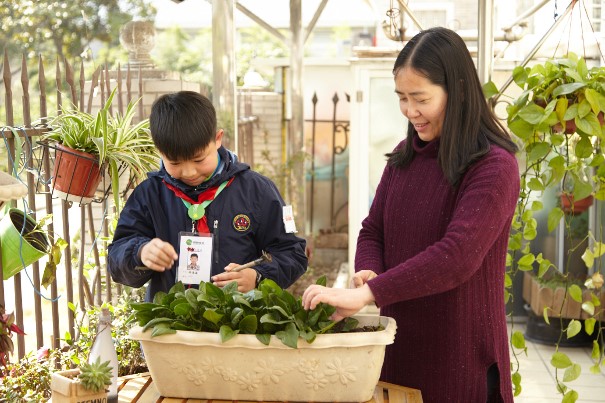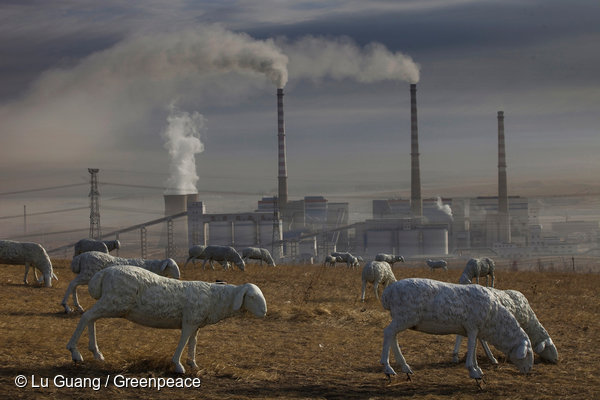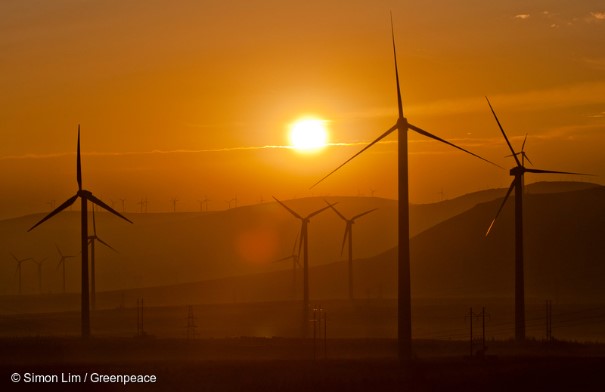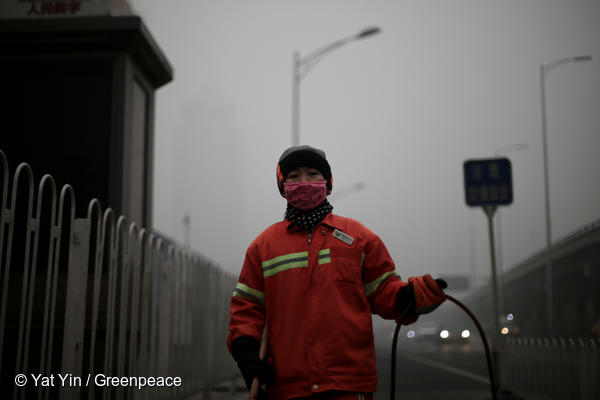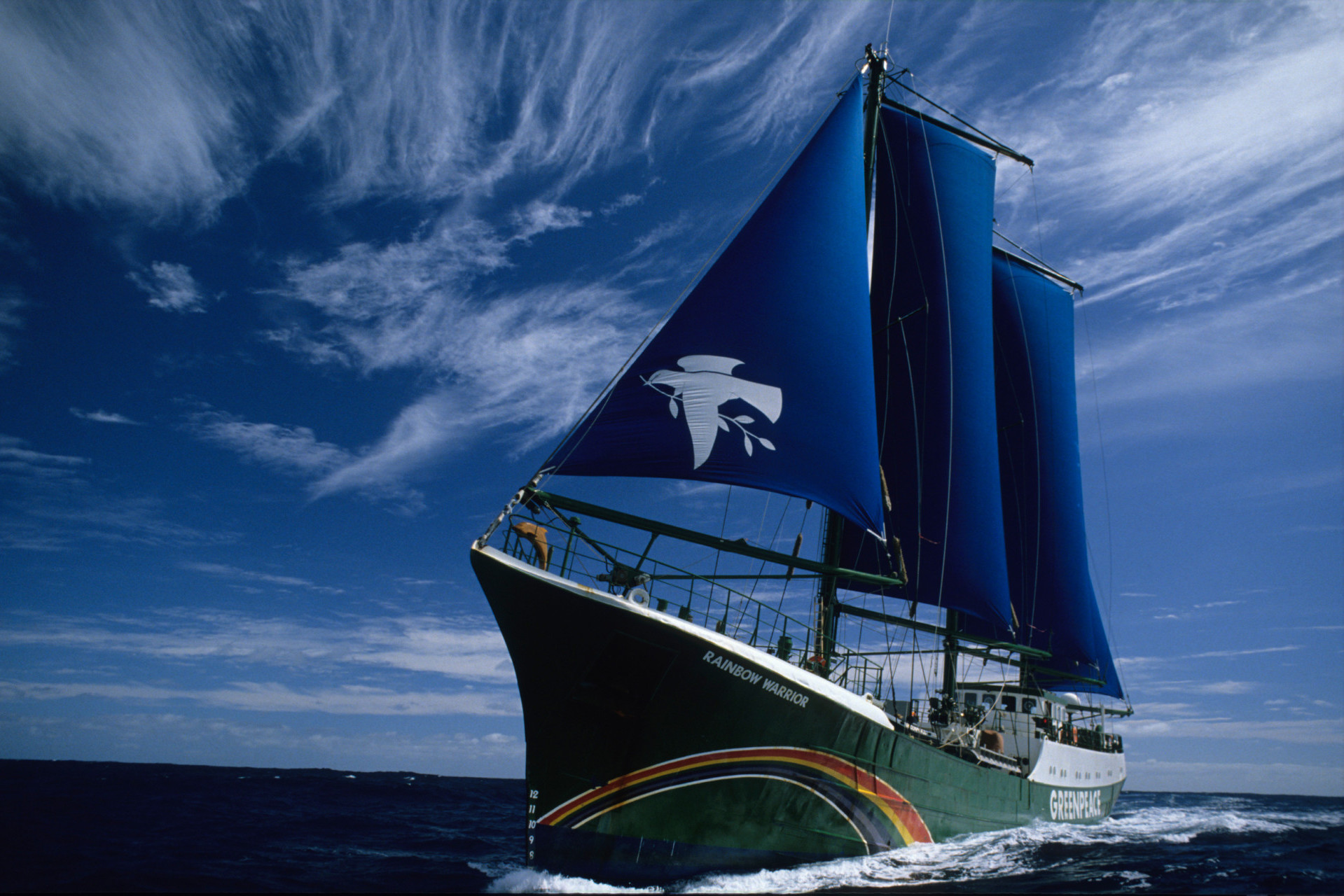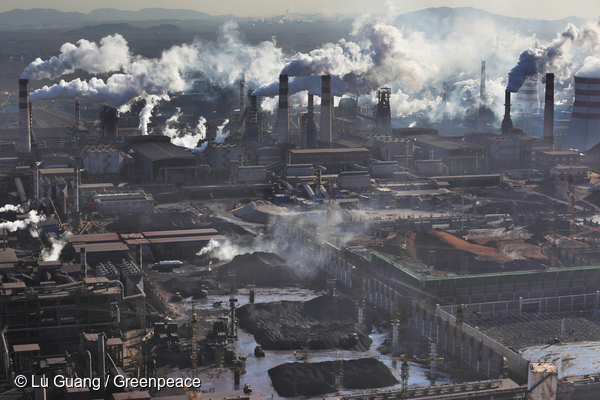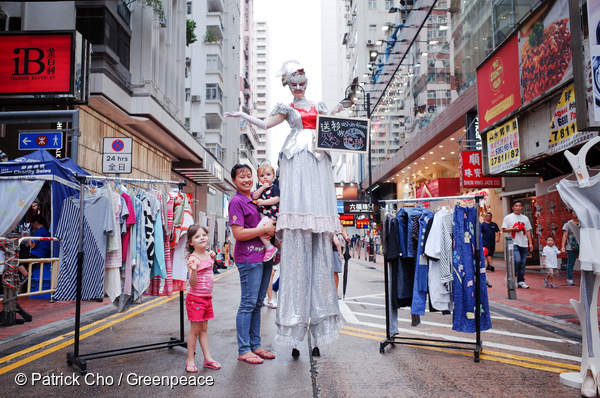-
Global protests push Samsung to finally recycle Galaxy Note 7 – Greenpeace
Seoul, 27 March 2017 - Samsung today officially published its plan to deal with the 4.3 million Galaxy Note 7 devices produced and recalled worldwide following battery faults. This major win comes after nearly five months of campaigning and global protests addressing the environmental impact of the recall.
-
Friday Five: New climate hope as China battles sea level rise
Friday news roundup highlighting the environmental news and commentary of the week. China, India, led slowdown in global coal development [Bloomberg] Huge news and new hope for the climate emerged this…
-
Forest guardians: communities at the forefront of China’s battle to save its forests
For centuries, China’s indigenous people have lived and worked within these remote areas. As climate change and rapid development threatens the existence of the last ‘wonderlands’, these communities are on the front lines of China’s battle to save its few remaining forest landscapes.
-
Powering up: meet the women electrifying China’s energy transition
The world’s biggest polluter is now the global renewables leader, and these women are helping to lead the charge.
-
China forecasts fourth year of stable or declining CO2 emissions, as world awaits Trump climate action – Greenpeace
Beijing, 28 February 2017 – China is forecasting a significant drop in CO2 emissions of approximately 1%, according to Greenpeace East Asia’s analysis of China’s National Energy Administration forecasts for 2017. [1] This would be the fourth year in a row of either zero growth or a decline in CO2 emissions.
-
Friday Five: China’s ‘burning problem’ and coal takes another hit
zoom Saihanba Wind Farm in Inner Mongolia © Simon Lim / Greenpeace
-
Friday Five: Smog and mirrors plus an epic lawsuit
Friday roundup highlighting the environmental news and commentary of the week. Smog and Mirrors? China’s steel capacity increased despite cuts [Washington Post] Last year China announced huge cuts to its over…
-
A long and hopeful journey
20 years ago today, Greenpeace East Asia opened its first office in Hong Kong. Greenpeace was new to the region and seemingly insurmountable obstacles loomed large from every direction over…
-
Despite claims of cuts, China sees steel operating capacity increase in 2016, air quality to suffer – Greenpeace
*The below report was commissioned from the steel industry consultancy Custeel E-Commerce Co., Ltd. by Greenpeace East Asia. Since publication on Monday 13 February, Custeel have raised concerns that the definition of certain terms and elements of the data collection and calculation methods and content of the report contain inaccuracies. Greenpeace East Asia and Custeel…
-
Hong Kong people spend HK$25 billion on clothes a year
Greenpeace today release a report based on a survey comparing Hong Kong and Taiwan consumer behaviour and attitudes. The survey debunks the myth that "shopping buys you happiness", with a significant proportion of shoppers said that once the excitement of shopping had worn off they felt even hollower. Greenpeace urges Hong Kong public to reflect…

